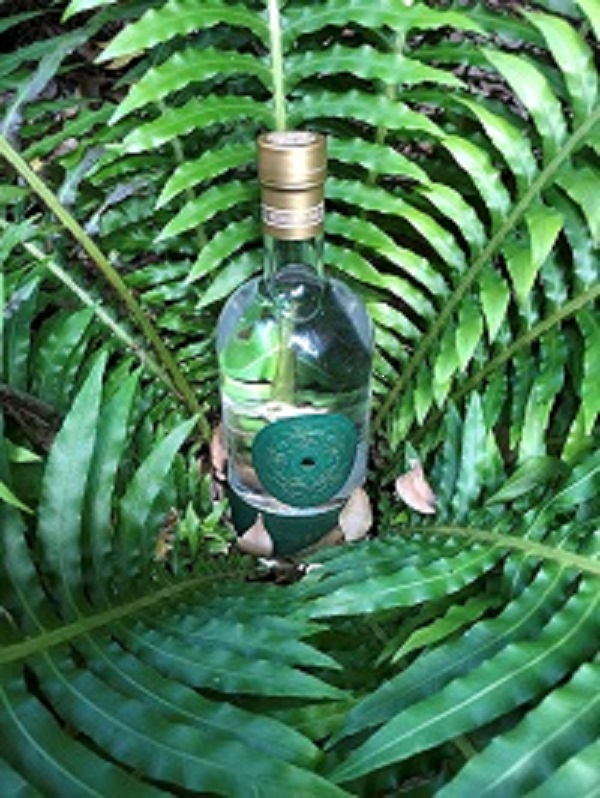The International Association of Impact Assessment (IAIA19) conference delegates identify impacts for a chance to win Australian gin

So, the question on everyone’s lips… who won the gin? … and what are the largest land mass impacts in Australia?
Close to 1,000 delegates from 77 countries were encouraged to think about land uses impacting Australia for the opportunity to win a bottle of native Green Ant Gin.
Green Ticket recently sponsored the International Association of Impact Assessment (IAIA) 2019 conference, which attracted 885 delegates from 77 countries, and ran over five days. With so many environmental and social impact professionals in one venue, Green Ticket wanted to encourage thought about land uses impacting Australia, with the incentive of being able to win a bottle of Green Ant Gin.
The question posed was: what are the top four land uses impacting Australia, and what percentage of land is impacted for each of the land uses?
40% of respondents correctly identified the ranking of the land uses impacting Australia, with 92% correctly identifying agriculture as our number one land mass impact. For the record, the correct responses are:
- Agriculture with 57.9% of Australian land mass impacted by this sector
- Forestry with 1.7% of Australian land mass impacted by this sector
- Residential or Urban with 0.4% of Australian land mass impacted by this sector
- Mining & Waste with 0.2% of Australian land mass impacted by this sector.
Jerilly Armstrong from the Queensland Department of Transport and Main Roads was the closest to these percentages and is our winner—a big Congratulations to Jerilly!
Green Ticket is concerned with managing the environmental and social impacts, managing risk, and delivering effective and cost- and time-efficient environmental awareness training.
What is the one thing Australia’s largest land use sectors have in common? The top land uses in Australia are from the agriculture, forestry, urban development, and mining and waste management sectors. While diverse in nature and extent of impact, all of these sectors disturb and develop the land. Because of this, they are all at risk of causing contamination, pollution, soil erosion, or excessive damage to flora, fauna, or culture and heritage.
Green Ticket environmental awareness courses have been developed to provide workers with the appropriate skills, knowledge, and tools to avoid environmental harm. The courses are based on adult education principles, delivered in a digital format, and set out the core environmental rules. By distilling the experience of more than thirty years of environmental awareness training into an online product, large land use sectors can now reap the benefit for their workforce. The workforce can easily follow the core environmental rules, reducing potential environmental risks; and the sector can access this in a cost-effective and timely manner.
Thanks to everyone who participated in the competition and the conference. We enjoyed meeting you all and sharing who we are and what we do to help protect our environment, manage impacts, and manage risk. We are also happy to be able to share the Green Ant Gin story with our international delegates.
Green Ant Gin is a collaboration between indigenous-owned Something Wild Beverage Company and the Adelaide Hills Distillery. Traditionally flavoured for their medicinal benefits and protein content, native green ants are bush tucker hand harvested in the Northern Territory by the Motlop family of the Larrakia People.
If you want to manage your environmental impacts, manage risks, and help protect our environment, please contact us on will.haylock@greenticket.com.au or Kristina.smith@greenticket.com.au or on phone 07 3368 1033 and we can show you how Green Ticket can help you reach, and exceed, your environmental management compliance goals.
Green Ticket—managing environmental impacts and risk.





